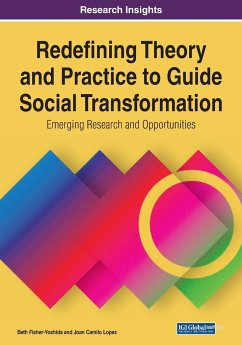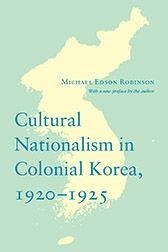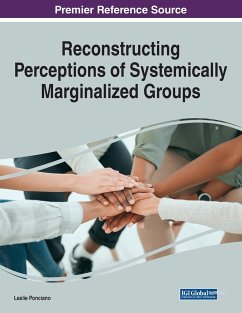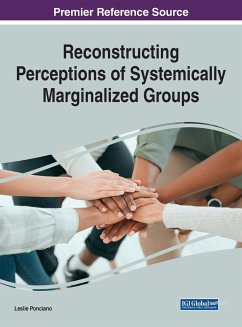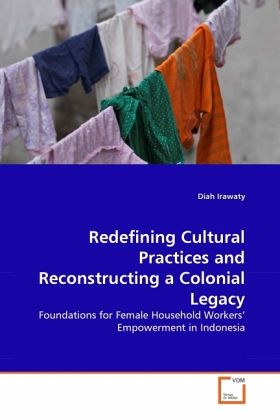
Redefining Cultural Practices and Reconstructing a Colonial Legacy
Foundations for Female Household Workers' Empowerment in Indonesia
Versandkostenfrei!
Versandfertig in 6-10 Tagen
32,99 €
inkl. MwSt.

PAYBACK Punkte
16 °P sammeln!
This book analyzes the cultural and colonial influences on the perspectives toward and treatment of female household workers in Indonesia to create a model for their empowerment. The hypothesis is that there is a connection between Dutch colonial legacy and Indonesian culture, particularly Javanese culture, and how people in the country think, relate and treat household workers. Cultural practices within Indonesian societies, particularly Java, contribute to the conditions of female household workers whether in workplaces or other spheres. In addition, female household workers are associated a...
This book analyzes the cultural and colonial influences on the perspectives toward and treatment of female household workers in Indonesia to create a model for their empowerment. The hypothesis is that there is a connection between Dutch colonial legacy and Indonesian culture, particularly Javanese culture, and how people in the country think, relate and treat household workers. Cultural practices within Indonesian societies, particularly Java, contribute to the conditions of female household workers whether in workplaces or other spheres. In addition, female household workers are associated and attached with stereotypical images in which undervalue, underestimate and humiliate them such as in media, schools, TV shows, movies, etc. Finally, the potential of reconstructing these cultural views and practices in order to empower female household workers and create the cultural based advocacy to establish a female worker's movement is discussed.





